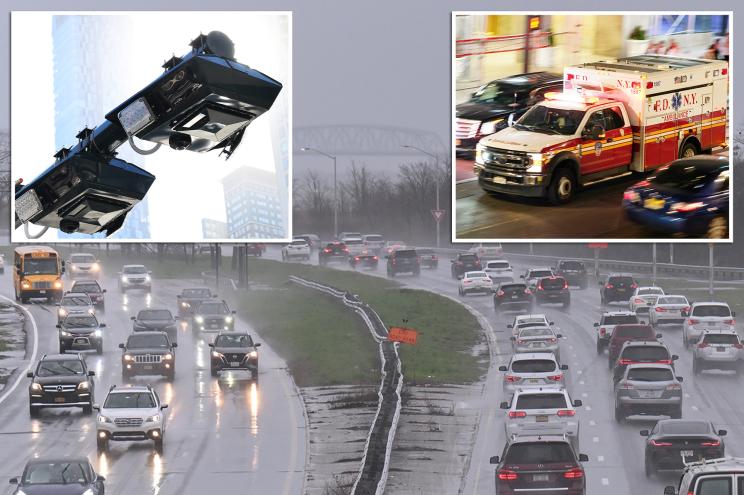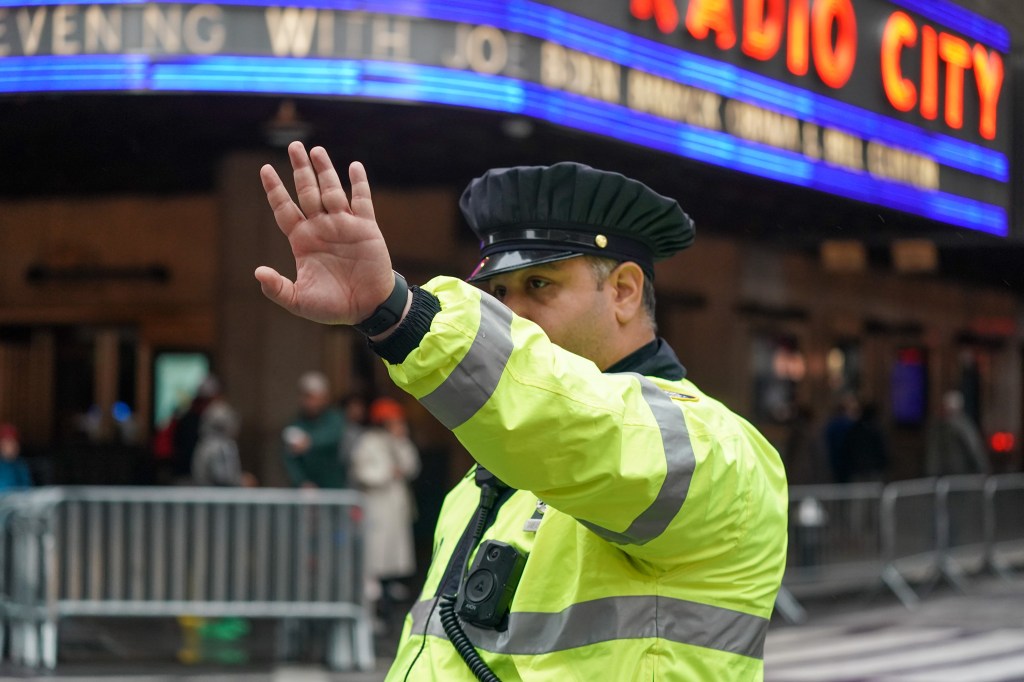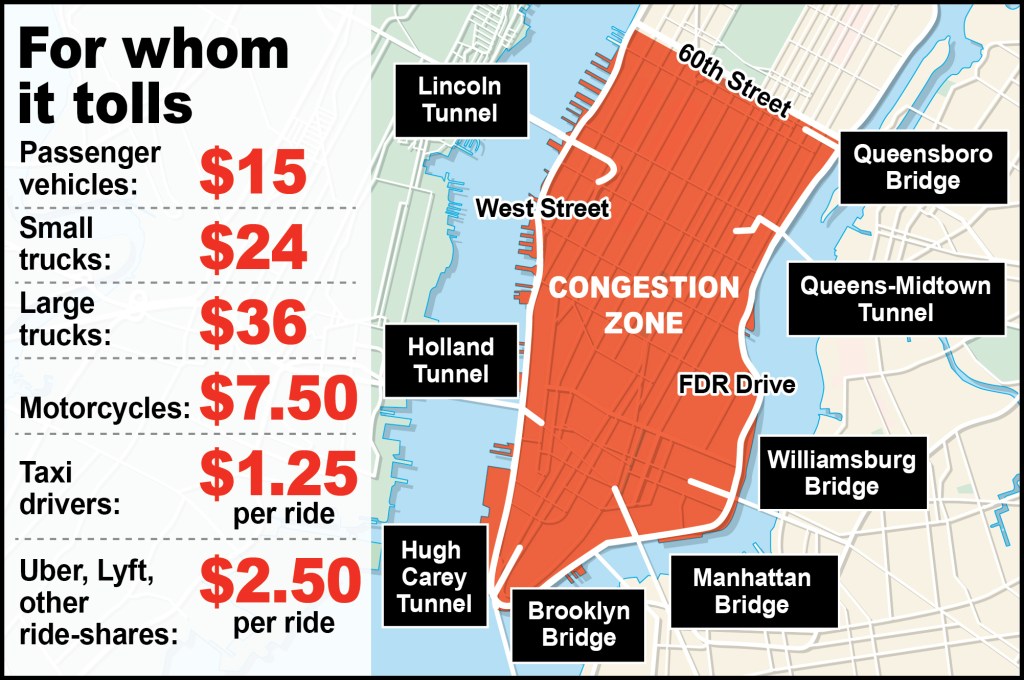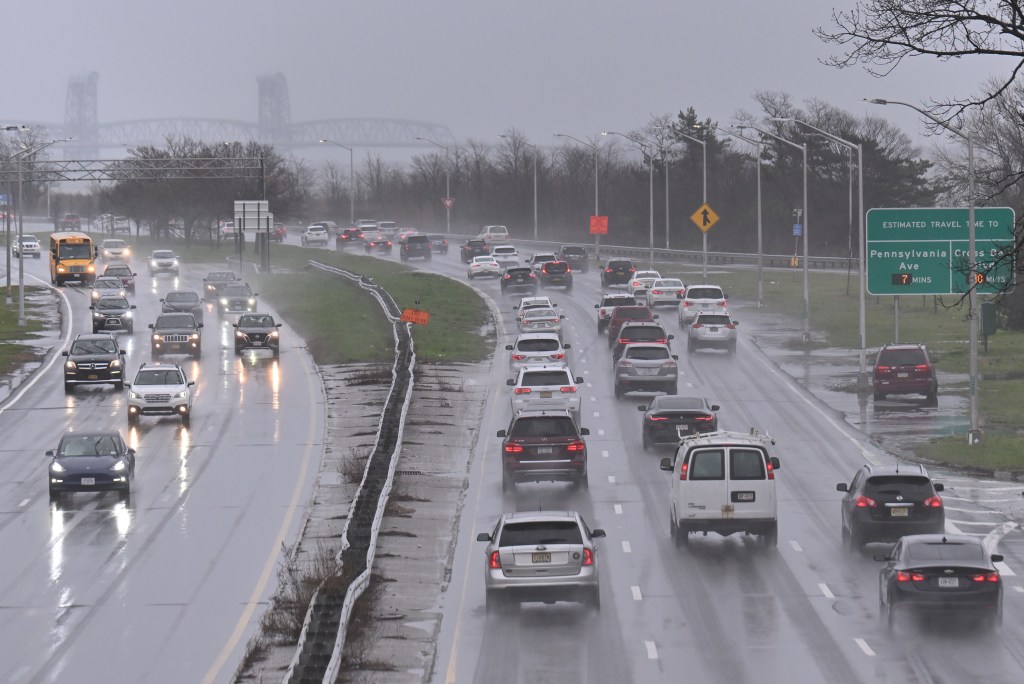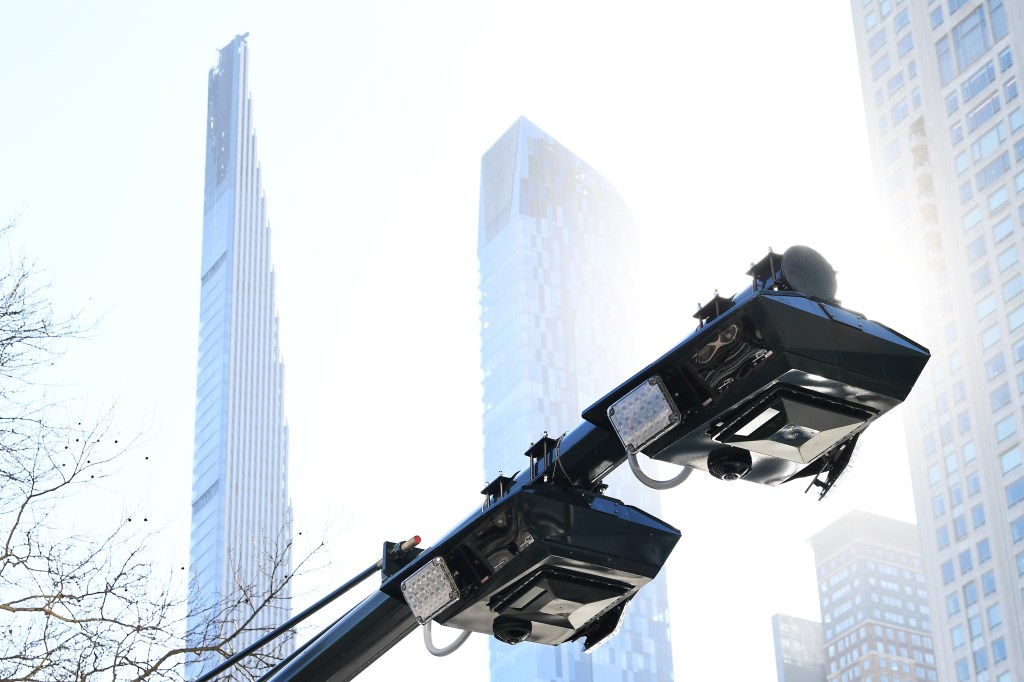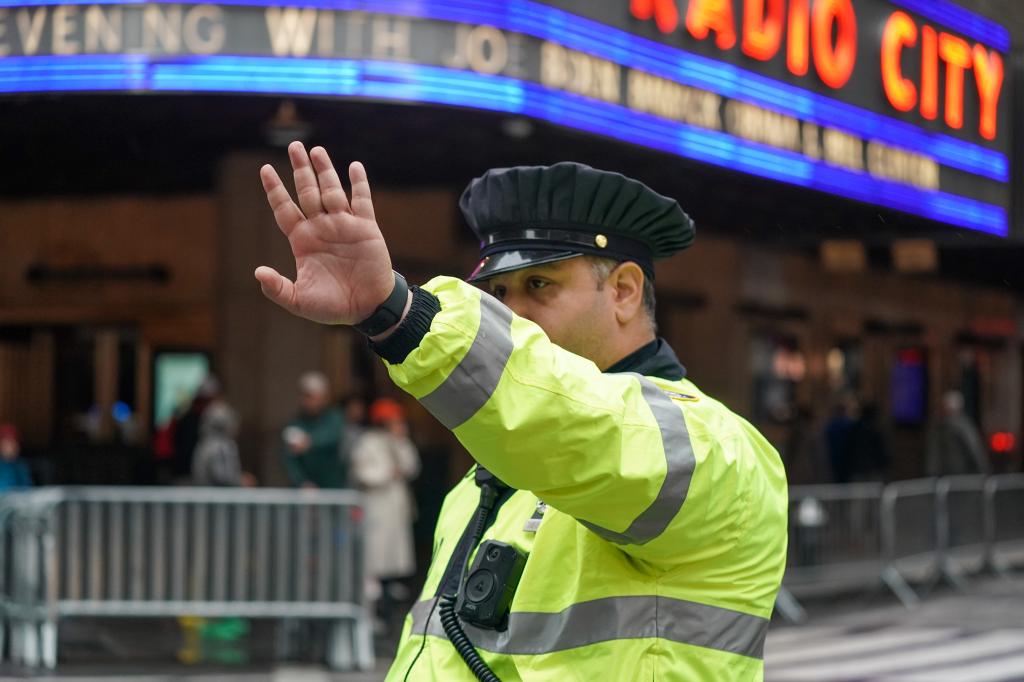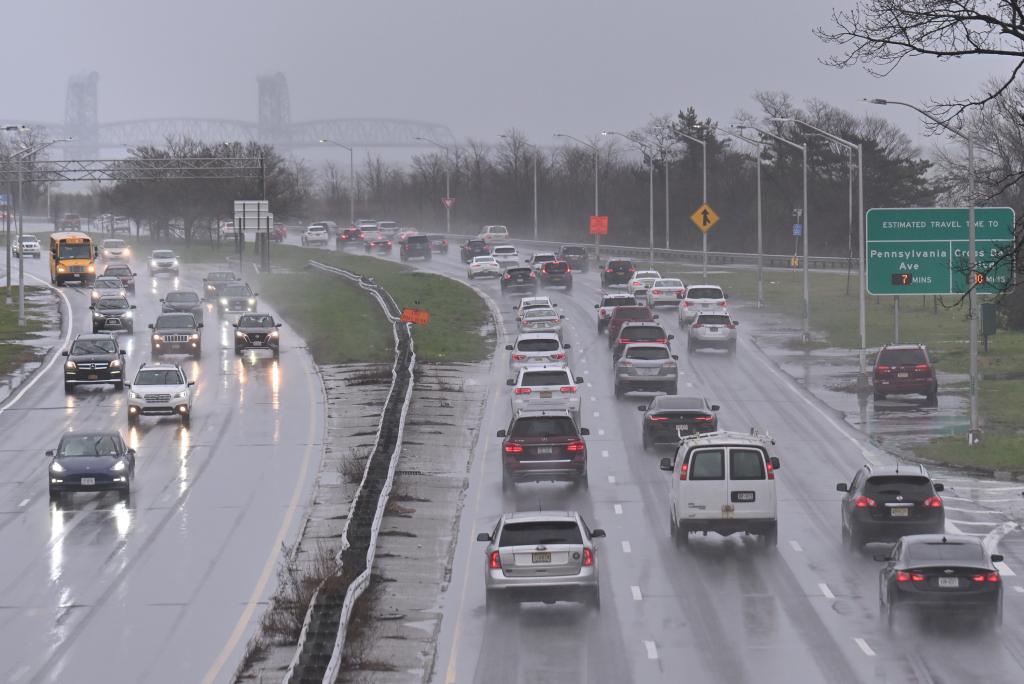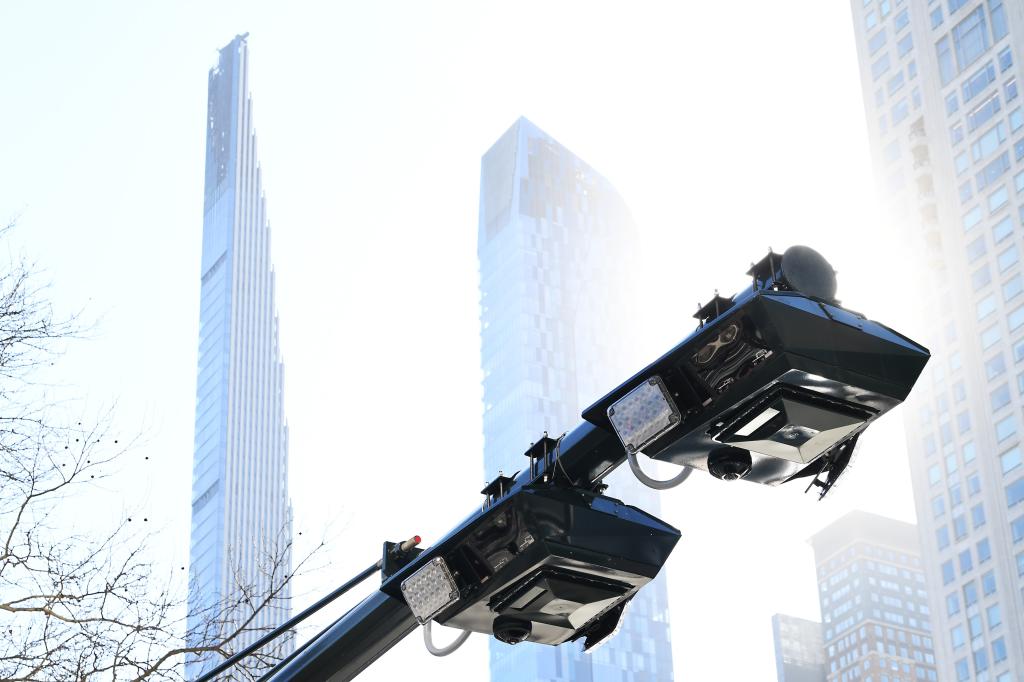State Assembly Democrats shot down a plan Tuesday that would’ve spared city workers, nurses and first responders from a hefty congestion toll to get to work in the Big Apple.
Doctors and patients seeking medical care in Manhattan would have also been exempted from the $15 toll under the plan — which was effectively killed by a move of the Committee on Corporations, Authorities and Commissions.
Democrats also nixed Republican-backed proposals to address the migrant crisis and tweak state bail laws in response to criticisms that recent reforms were allowing dangerous criminals to walk free.
There are already congestion toll exemptions for city vehicles and certain private bus lines, but this new proposal would have expanded those exemptions for some commuters into downtown Manhattan.
Upstate Assembyman Anil Beephan, a Republican who sponsored the bill, had argued the recently approved toll would be a financial burden for these groups.
“City employees, people who save lives and patients in need shouldn’t have to worry that just going over those bridges will cost them an unfair expense,” Beephan said in December.
Committee Chair Kenneth Zebrowski (D-Rockland County) said Tuesday he didn’t support congestion pricing, but he still doesn’t think “a legislative piecemeal way” is the best way to go about carving out exemptions.
“We have 150 Assembly members and we have 150 different ideas on what to do about congestion pricing,” Zebrowski said.
What to know about congestion pricing
- These rates apply during peak hours, 5 am-9 pm weekdays, 9 am – 9 pm weekends. During other times, tolls are lowers to $2.75 for passenger vehicles, $6 for small trucks, $9 for large trucks, and $1.75 for motorcycles. Other rates remain the same.
- Emergency vehicles, school buses, specialized government vehicles and vehicles carrying people with disabilities are exempt.
- Drivers crossing into Manhattan using a tolled tunnel get a $5 discount.
“If you want to put forward an alternative to congestion pricing you would also need to put forward another plan for additional revenue,” Zebrowski said. “The bill also talks about going to doctor’s appointments. That is tremendously open-ended.”
Advocates of the new congestion pricing plan said the toll will reduce pollution and peak-day congestion while generating billions that can go toward improving the public transit system.
The congestion toll will affect cars driving into Midtown Manhattan below 60th Street. Trucks will face even higher tolls when the new pricing takes place June 15.
But the new fee still faces hurdles. The toll — the first of its kind in the nation — is being challenged by five different lawsuits.
New Jersey Gov. Phil Murphy brought a lawsuit that argues the MTA’s plan didn’t sufficiently consider how Garden State residents would be impacted.
A federal judge is expected to rule on that suit before congestion pricing officially kicks off this summer. That ruling could set a precedent for other lawsuits.
The congestion pricing exemption bill was one of over a dozen Republican-sponsored bills Democrats voted down in committee Tuesday. Other legislation challenged Democrats on hot button issues like bail reform and the migrant influx that is stretching resources in cities like New York.
“Albany Democrats won’t even look in the direction of legislation that makes people safer, puts guardrails on the migrant crisis or supports the men and women of law enforcement,” Assembly Minority Leader Will Barclay told The Post Tuesday.
Dems also tabled a bill to expand bail qualifying offenses that would have allowed judges greater discretion when making bail determinations for people who commit hate crimes or make threats of terrorism or “mass harm.”
What the plan entailed…
On congestion con:
- Plan exempting city workers, doctors, nurses, first responders and medical patients from having to pay congestion fee.
On migrant crisis:
- A plan requiring asylum-seekers living in the state to register with the Office of Temporary and Disability Assistance.
- A plan banning the use of schools, day-care centers and other community centers as migrant shelters.
On crime and bail reform:
- A bill to expand bail-qualifying offenses, allowing greater judicial discretion when setting bail for people who commit hate crimes or make threats of terrorism or “mass harm.”
- A “smash and grab” bill that would have established a new bail-eligible crime called “coordinated petit larceny.”
A “smash and grab” bill that was tabled would have established a new bail-eligible crime called “coordinated petit larceny.”
Two killed migrant measures were axed: one that would have required asylum seekers living in the Empire State to register with the Office of Temporary and Disability Assistance and a second that would have banned schools, day care centers and other community centers from being used as migrant shelters.
“It’s not surprising Democrats blocked Republican bills in committee, but they offer nothing in the way of solutions,” Barclay said. “Public opinion polling shows nearly 60% of New Yorkers believe the quality of life here has gotten worse in the past year. Today’s committee work gave us a clear indication of why and how One-Party Rule continues to fail us.”








